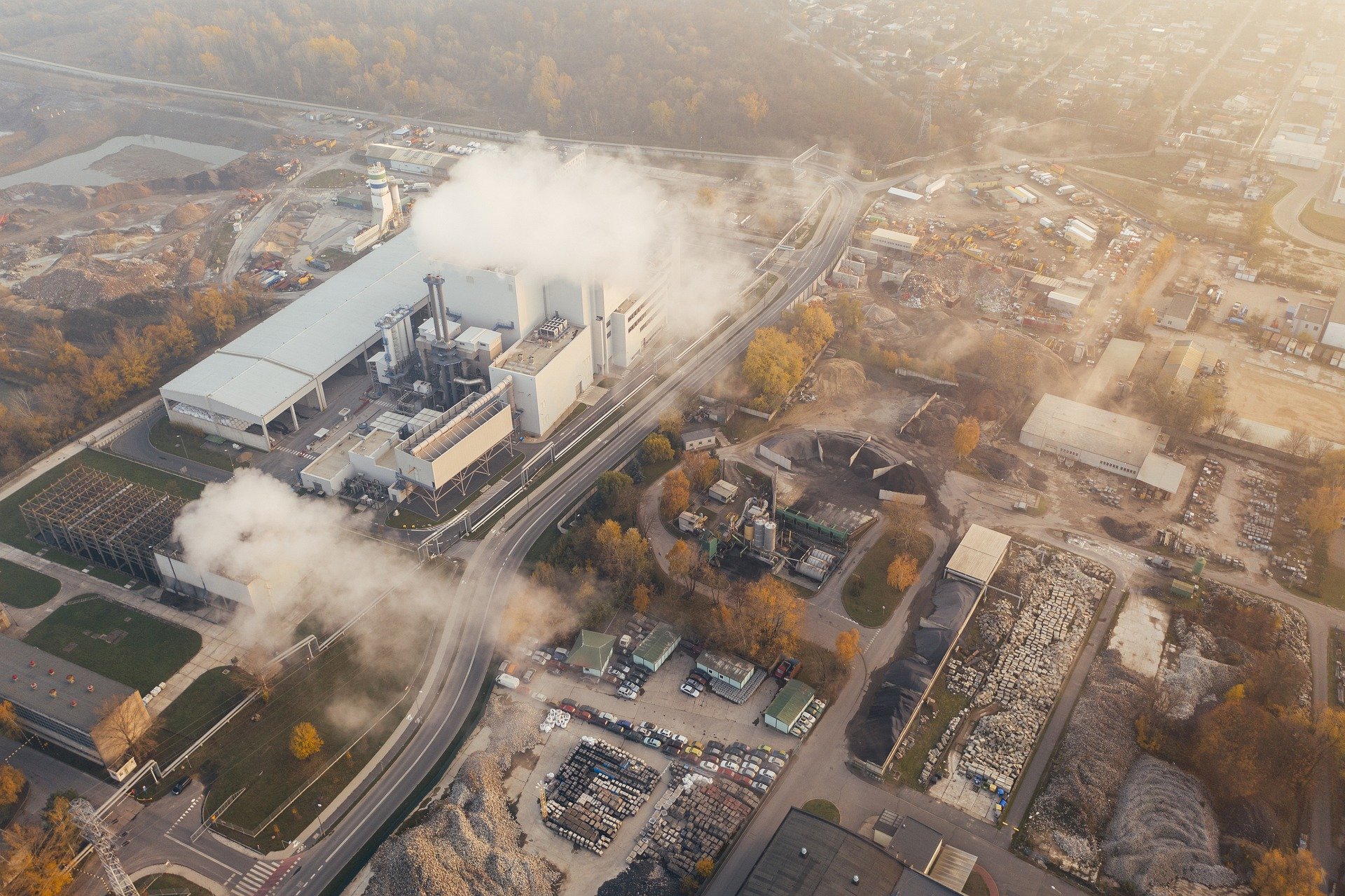Are rich nations doing enough to tackle the climate crisis?

Ella Buckley discusses the upcoming United Nations Climate Change Conference and questions whether the richest nations of the world are doing enough to tackle climate change.
In November, Glasgow is hosting the United Nations Climate Change Conference, where the 196 countries attending must come together to take action against the devastating effects of Climate Change. Recently in front of the United Nations, Boris Johnson called to arms the leaders of the Worlds richest nations to take more active measures in reducing their emissions. But currently, what are wealthier countries doing to curb their emissions, and are they doing enough?
As our generation grows increasingly concerned about our impact on the planet, solutions to the Climate crisis must be a part of the political discourse. Since 2009, its has been promised by richer nations to provide poorer countries with $100bn a year Climate Finance by 2020. This target has not been met. But some targets set out by richer countries do seem more achievable, such as the UK’s electricity coming from entirely renewable sources by 2024, as only 2 per cent of our electricity currently is produced through fossil fuels.
There have been many promises from world leaders, such as pledges to achieve carbon neutrality worldwide by 2050 and for every country to cut their emissions down 68 per cent by 2030. But these promises are welcomed with scepticism, when wealthier countries contribute the most to emissions (such as China being responsible for 28 per cent of the worlds greenhouse gas emissions), making the goal to limit the rise in global temperatures to 1.5 degrees strictly laid out in the 2015 Paris Agreement difficult to achieve. Currently, the World is at a 1 degree increase from levels before industrialisation.
The world is at a 1 degree increase from levels before industrialisation.
However, as Adrienne Buller argues in her recent Guardian article, some empty promises by politicians and not meeting targets is a form of Political ‘Greenwashing’, in which positive, impactful solutions towards a greener policy are stated, yet there is no drastic enough action. Likewise, there are many discrepancies with politicians promoting environmental resolutions that go against some of their own policies, such as Johnson not having opposition against the building of a new coal mine in Cumbria or cutting taxes on domestic flights, neither which will aid in cutting down emissions.
In order for the World’s richest nations to do enough to tackle the climate crisis, World leaders must be made accountable for the green policies that they argue passionately about, otherwise their grandoise speeches will be just that – speeches, with minimal effective action. And a further delays in reaching targets is something climate change won’t wait for.


